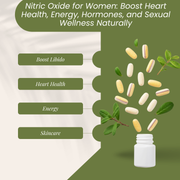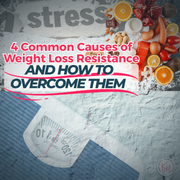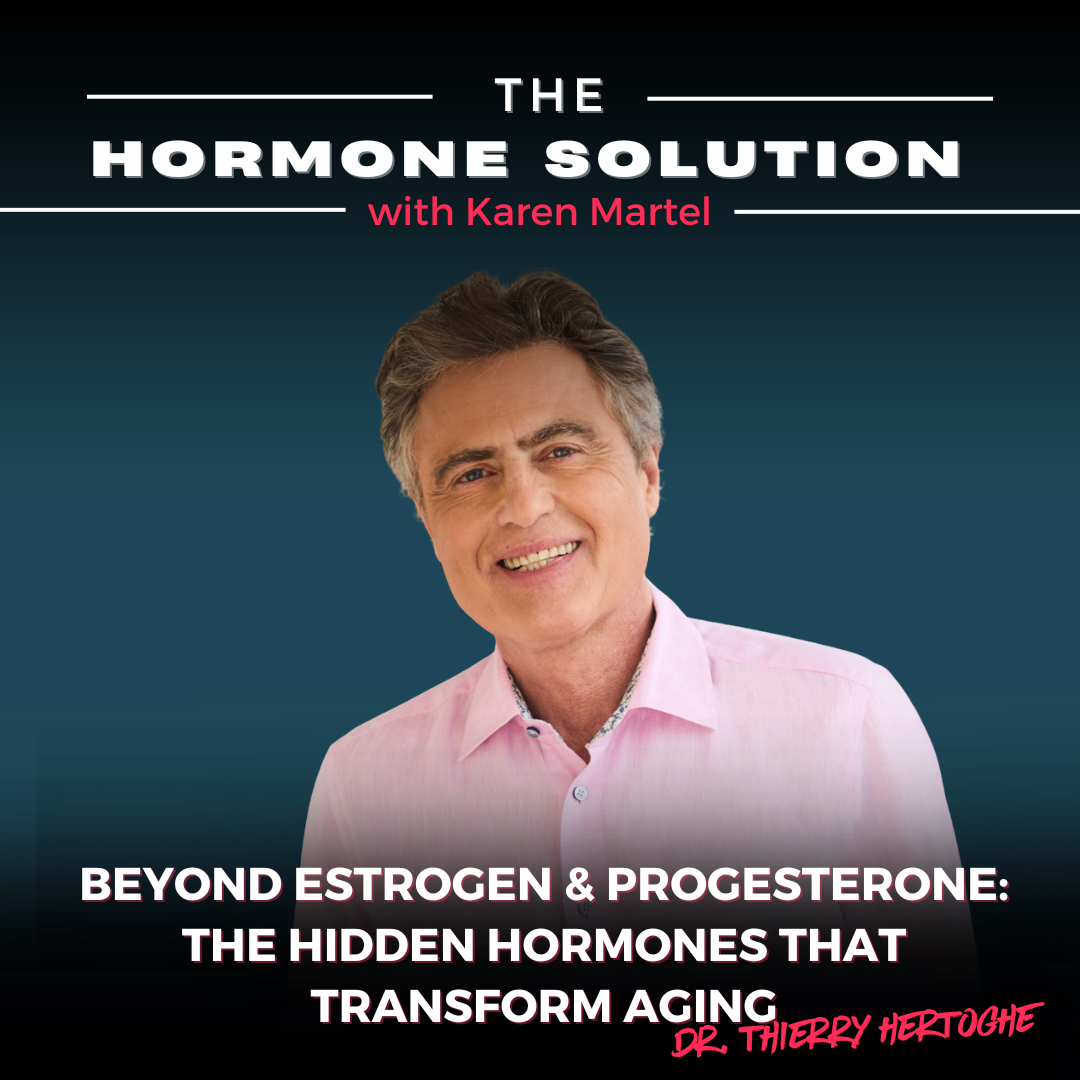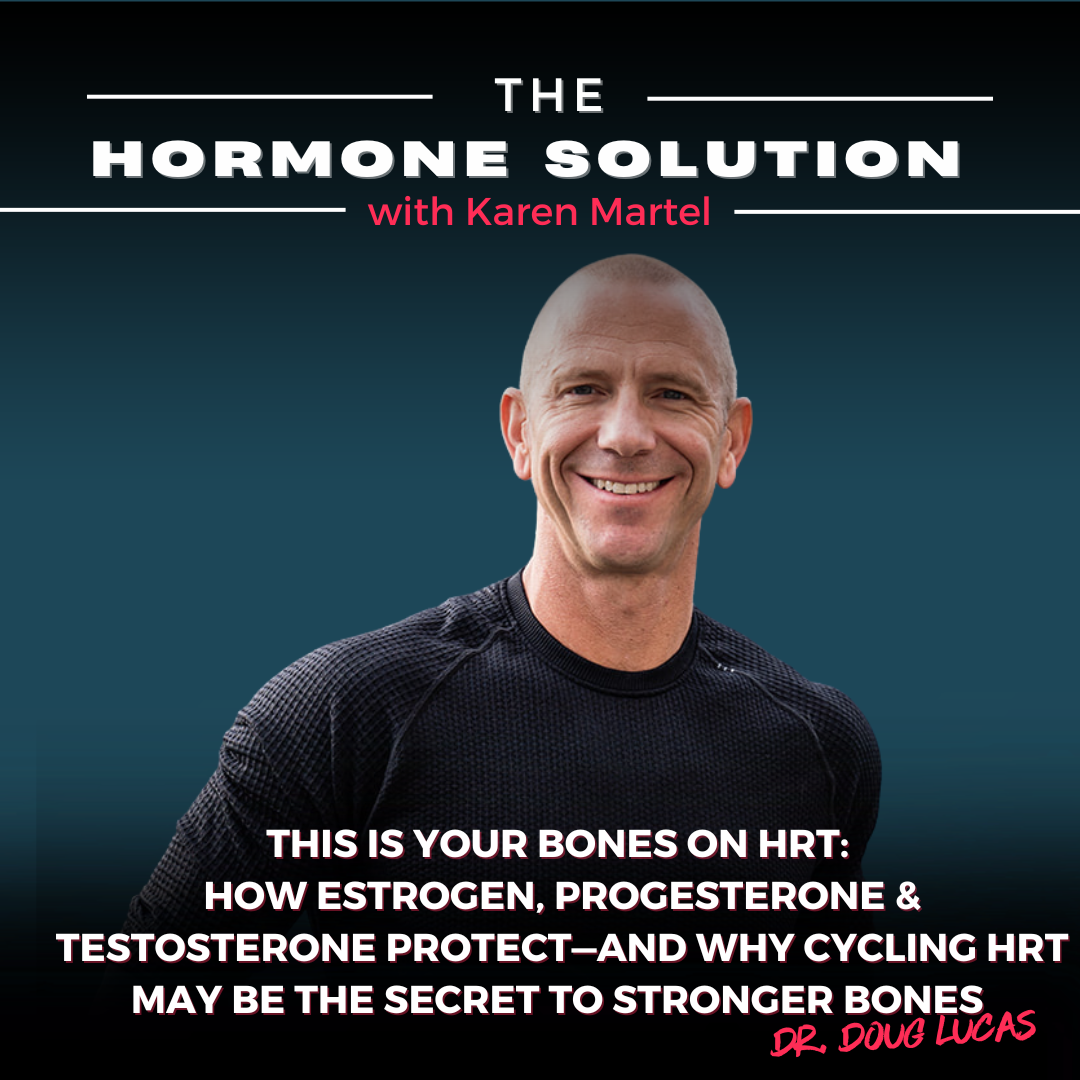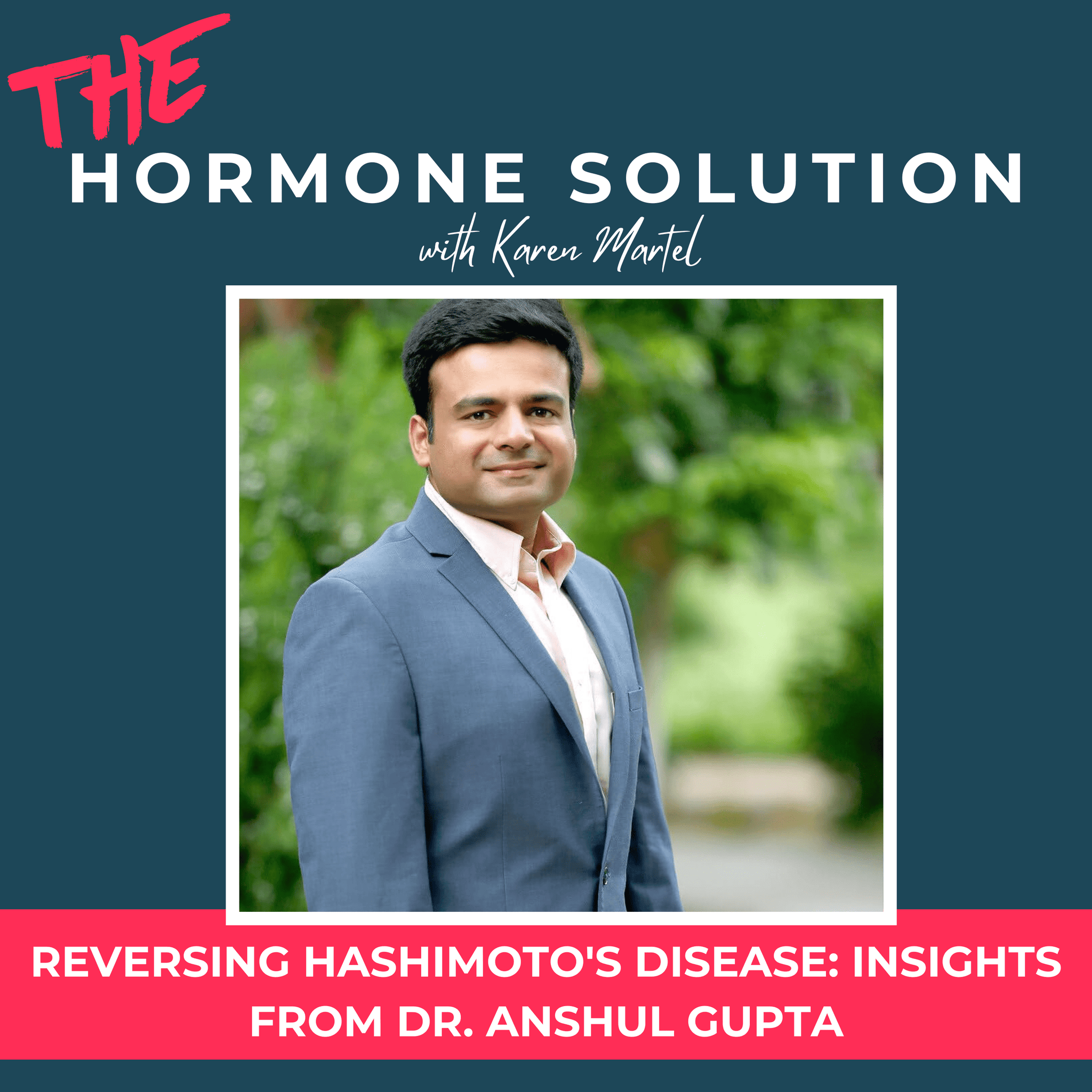
Reversing Hashimoto's Disease: Insights from Dr. Anshul Gupta
Dr. Anshul Gupta is a best-selling author, speaker, researcher, and the world expert in Hashimoto's disease. He educates people worldwide on reversing Hashimoto's disease. He is a Board-Certified Family Medicine Physician, with advanced certification in Functional Medicine, Peptide therapy, and also Fellowship trained in Integrative Medicine. He has worked at the prestigious Cleveland Clinic Department of Functional Medicine alongside Dr. Mark Hyman. He has helped thousands of patients to reverse their health issues by using the concepts of functional medicine. Hashimoto's disease is a growing epidemic for women, and it is continuing to become more relevant as more women are affected and more research is being conducted. Learning how to navigate and reverse Hashimoto's through functional medicine is bound to be life-changing information for women across the globe who suffer from this condition and all of its associated symptoms.
In this episode:
● How Hashimoto's disease affects the thyroid gland.
● How it can be detected by medical professionals.
● The antibodies your blood work should be checked for.
● Why the typical treatment protocol is deeply flawed.
● Why a lower amount of antibodies present is appropriate for healthy people.
● Who is the most at risk for developing Hashimoto's.
● What demographics are seeing an increase in diagnosis.
● Why Hashimoto's disease often goes undiagnosed.
● Which stage of life you are likely to develop autoimmune conditions.
● How pregnancy and delivery can influence Hashimoto's.
● What common symptoms are related to this disease.
● Why early detection is so important in the treatment protocol.
● The role certain foods play in triggering Hashimoto's.
● Why any type of stress is a big trigger for this condition.
● The type of infections that appear to trigger Hashimoto's.
● Why most females have more than one root cause.
● Which type of diet is best for treatment purposes.
● Why gluten and thyroid have cross-reactivity.
● How pesticides interact negatively with our bodies.
● Why emotional dysregulation is a potent trigger for Hashimoto's.
● How the throat chakra is related to thyroid problems.
● The top priorities you need to have in order to recover.
Download in iTunes or on your favorite podcast platform.

Find Karen Martel on Apply Podcast
Karen Martel is a Certified Hormone Specialist and Transformational Nutrition Coach dedicated to empowering women through their health journeys.
As the host of the popular podcast The Hormone Solution, Karen tackles the complexities of hormonal health, weight loss resistance, and the challenges that come with perimenopause and menopause.
Her mission is to disrupt outdated narratives surrounding women's health, providing reliable information and practical solutions that help women reclaim their vitality.
Tune in to discover how to embrace life's stages while enhancing overall well-being.

